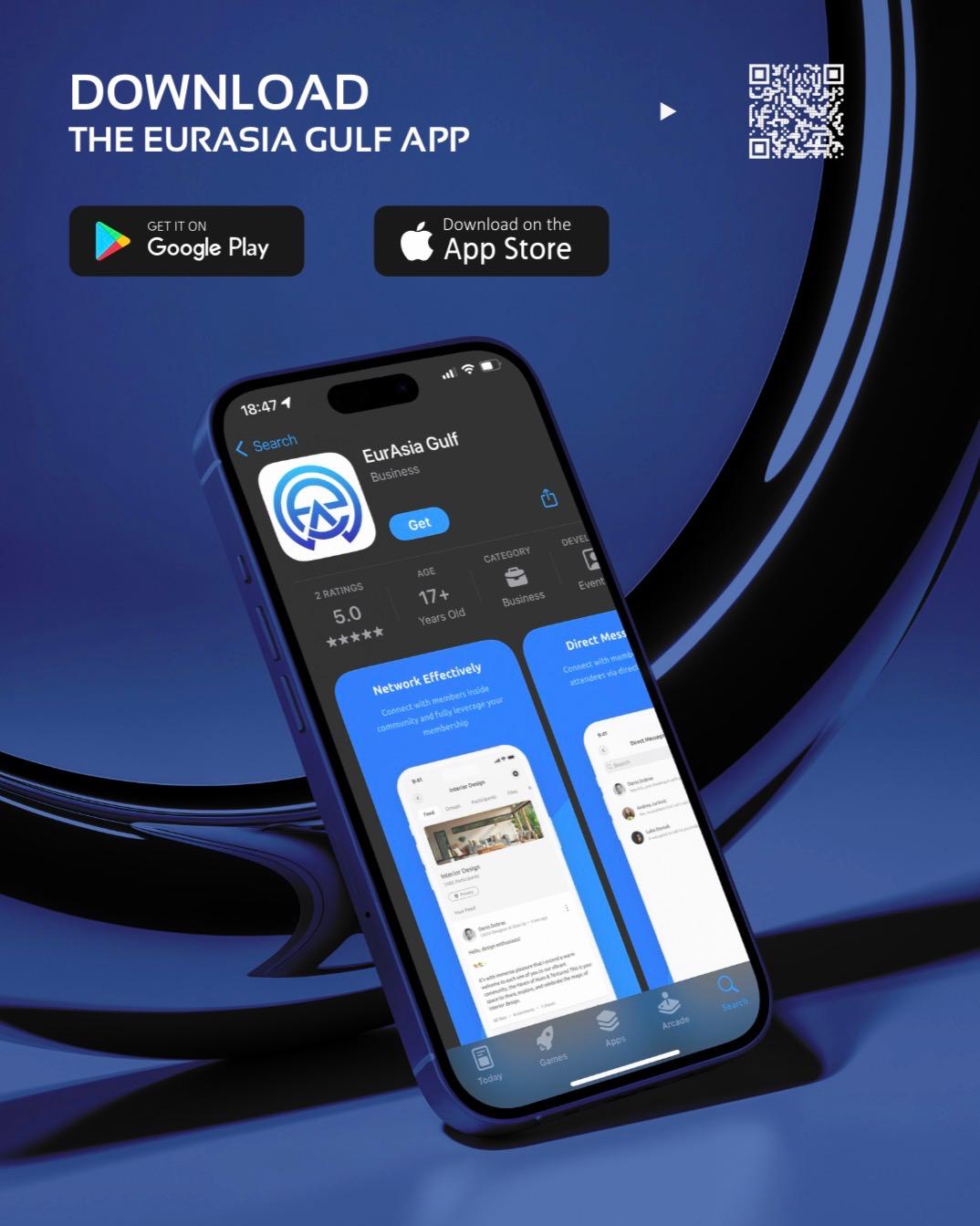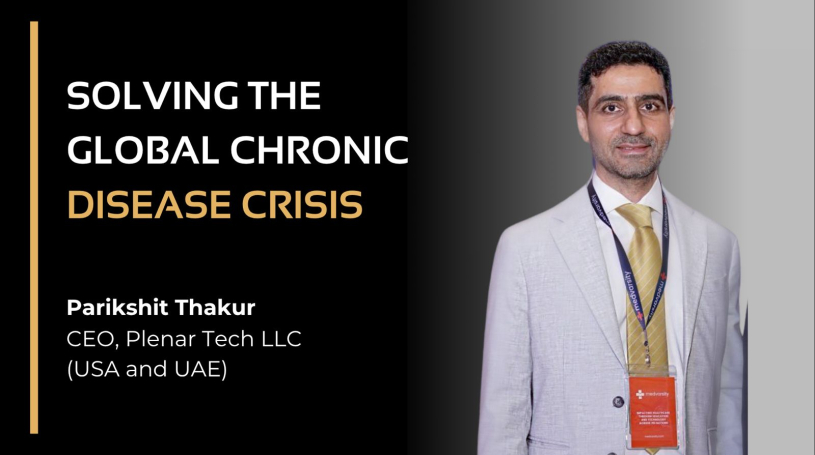Solving the Global Chronic Disease Crisis: How DocToDoor Revolutionizes Care for Hypertension, Diabetes, Obesity, and Heart Failure
The Chronic Disease Crisis: Hypertension, Diabetes, Obesity, and Heart Failure
Chronic diseases such as hypertension, diabetes, obesity, and congestive heart failure (CHF) represent some of the biggest healthcare challenges globally.
- Hypertension affects over 1.28 billion adults worldwide and is a leading cause of stroke, heart attacks, and kidney disease.
- Diabetes has reached 537 million cases globally and is projected to grow to 643 million by 2030.
- Obesity impacts more than 1 billion people, increasing the risk of diabetes, heart disease, and cancer.
- Congestive Heart Failure affects over 64 million people worldwide, causing frequent hospitalizations and a significant loss of quality of life.
These chronic conditions are responsible for millions of deaths each year and place immense financial strain on health systems, accounting for over 85% of healthcare expenditures in developed countries.
Critically, most complications are preventable with early intervention, continuous monitoring, and proactive management — yet traditional healthcare models fall short in delivering this at scale.
DocToDoor addresses this urgent need through an AI-powered, always-on chronic disease management platform that extends care from hospital to home, ensuring patients are monitored, engaged, and supported daily.
How DocToDoor is Transforming Chronic Disease Management
Patient-Side Features: Empowering Individuals to Manage Their Health
1. Real-Time Vitals Monitoring via Cellular Devices
Patients are equipped with cellular-enabled medical devices (See integrated device list: https://doctodoor.com/devices) such as:
- Blood Pressure Monitors
- Glucometers
- Smart Scales (for weight and body composition)
These devices automatically transmit readings to the cloud without needing Wi-Fi or smartphones, ensuring effortless and real-time data capture.
2. AI-Powered Chatbot via SMS and WhatsApp
Patients interact with a friendly chatbot that initially onboards them and then sends daily reminders for medications, vitals, and self-reported symptoms, and provides personalized health education on diet, exercise, and stress management.
The Chatbot also intervenes in a timely manner if the most recent measurement is out of bounds and initiates a relevant questionnaire. This enables the clinician team to get a full picture of the condition and take appropriate action.
3. Meal and Nutrition Analysis
Patients can upload meal photos; AI analyzes protein, carb, fiber, salt, sugar, and fat content, offering real-time dietary feedback critical for hypertension, diabetes, and obesity management.
4. Health Journaling and Symptom Tracking
Patients track their symptoms, stress, sleep, smoking, and alcohol consumption via simple prompts, building a comprehensive health record over time.
5. 24/7 Patient Support
Through intelligent automation and escalation protocols, patients receive around-the-clock engagement and support, building trust and promoting better health behaviors.
Clinician-Side Features: Enabling Proactive, AI-Enhanced Clinical Care
1. Real-Time Remote Monitoring Dashboard
Clinicians have instant access to patient vitals captured via cellular-connected devices, enabling:
- Early detection of clinical deterioration
- Adjustment of medications or treatment plans
- Targeted outreach based on real-time risk indicators
2. AI-Driven Risk Stratification and Early Alerts
The platform's AI models analyze trends and patterns, automatically flagging patients at risk of exacerbations or hospitalizations, allowing providers to intervene before adverse events occur.
3. Patient-Reported Outcome (PRO) Collection and Analysis
DocToDoor empowers clinicians with powerful insights into patient-reported health outcomes, essential for comprehensive chronic disease management. The system integrates and reports validated PRO measures, including:
- Hypertension:
- MINICHAL (quality of life in hypertension)
- Hypertension Symptom Score (HSS) (assessing symptoms like headaches, dizziness)
- CHF:
- Kansas City Cardiomyopathy Questionnaire (KCCQ) (physical and social function in CHF)
- Minnesota Living with Heart Failure Questionnaire (MLHFQ) (impact of CHF on daily life)
- Diabetes:
- Diabetes Distress Scale (DDS) (emotional burden of diabetes)
- Problem Areas in Diabetes (PAID) (stress related to diabetes management)
- General Health and Mental Health:
- SF-36 and EQ-5D (quality of life)
- PHQ-9, GAD-7 (depression and anxiety screening)
- IPAQ (physical activity)
- AUDIT-C and Fagerström Test (alcohol and nicotine dependence)
These insights are aggregated into actionable reports, helping clinicians personalize care plans based on patient experiences beyond physiological metrics.
4. RAF Score Integration (Risk Adjustment Factor)
DocToDoor supports capturing clinical and PRO data that contributes to a patient’s RAF score — a critical metric used in Medicare Advantage and value-based care models to adjust reimbursement based on patient complexity. By accurately reflecting disease burden and health status, the system helps health systems optimize clinical documentation and financial outcomes.
5. Automated Encounter Documentation
Voice and text communications are transcribed and summarized using AI, reducing administrative burden and enhancing compliance.
6. Integrated EHR Connectivity
Patient monitoring data, symptom reports, clinical alerts, and PRO scores are seamlessly integrated into existing Electronic Health Records, ensuring clinicians work from a single, unified patient record.
7. KPI Tracking and Outcome Measurement
Clinicians can track performance metrics easily, including:
- Blood pressure control rates
- HbA1c reductions
- CHF symptom improvement
- Depression/anxiety screening scores
- Different PRO’s as mentioned above
This enables a data-driven approach to chronic disease management, aligning care delivery with strategic quality, safety, and financial goals.
Conclusion: Delivering the Future of Chronic Disease Care Today
Chronic diseases demand continuous management, personalized engagement, and proactive intervention — and traditional care models cannot meet this need at scale.
DocToDoor fills this critical gap by combining advanced AI, cellular remote monitoring, patient-centered engagement, and real-time clinical workflows into a single, seamless platform.
The result?
- Healthier patients who are more engaged in their care
- Empowered clinicians who can intervene earlier and smarter
- Health systems that achieve better outcomes at lower costs
With DocToDoor, the future of chronic disease management is not a vision — it’s happening now.
Author:
Parikshit Thakur
CEO
Plenar Tech LLC (USA and UAE)
LinkedIn: https://www.linkedin.com/in/plenar
Website: https://doctodoor.com
Ph: +1 954 247 1181 (USA), +971 50 614 5612 (Dubai, UAE)



